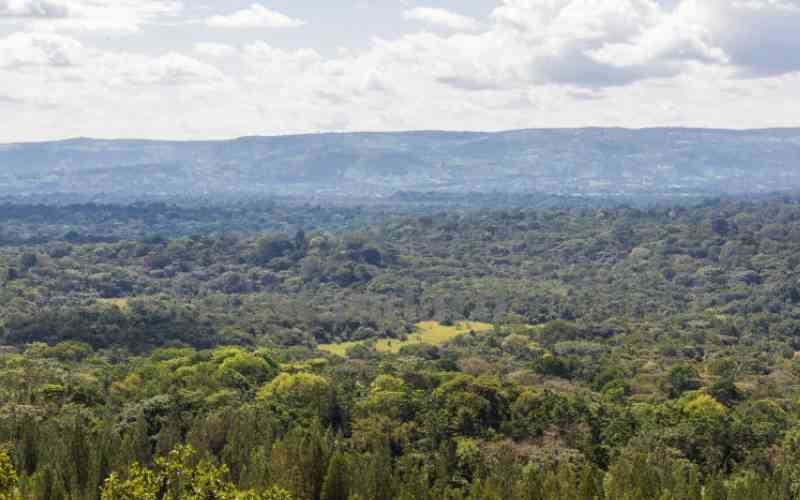×
The Standard e-Paper
Home To Bold Columnists

Last week has seen focus on tropical forests at a time push to phase out fossil fuel projects to tame climate crisis, has been prominent.
Yet, forest loss is equally to blame for global warming, besides being a substantial contributor to biodiversity loss and pollution.